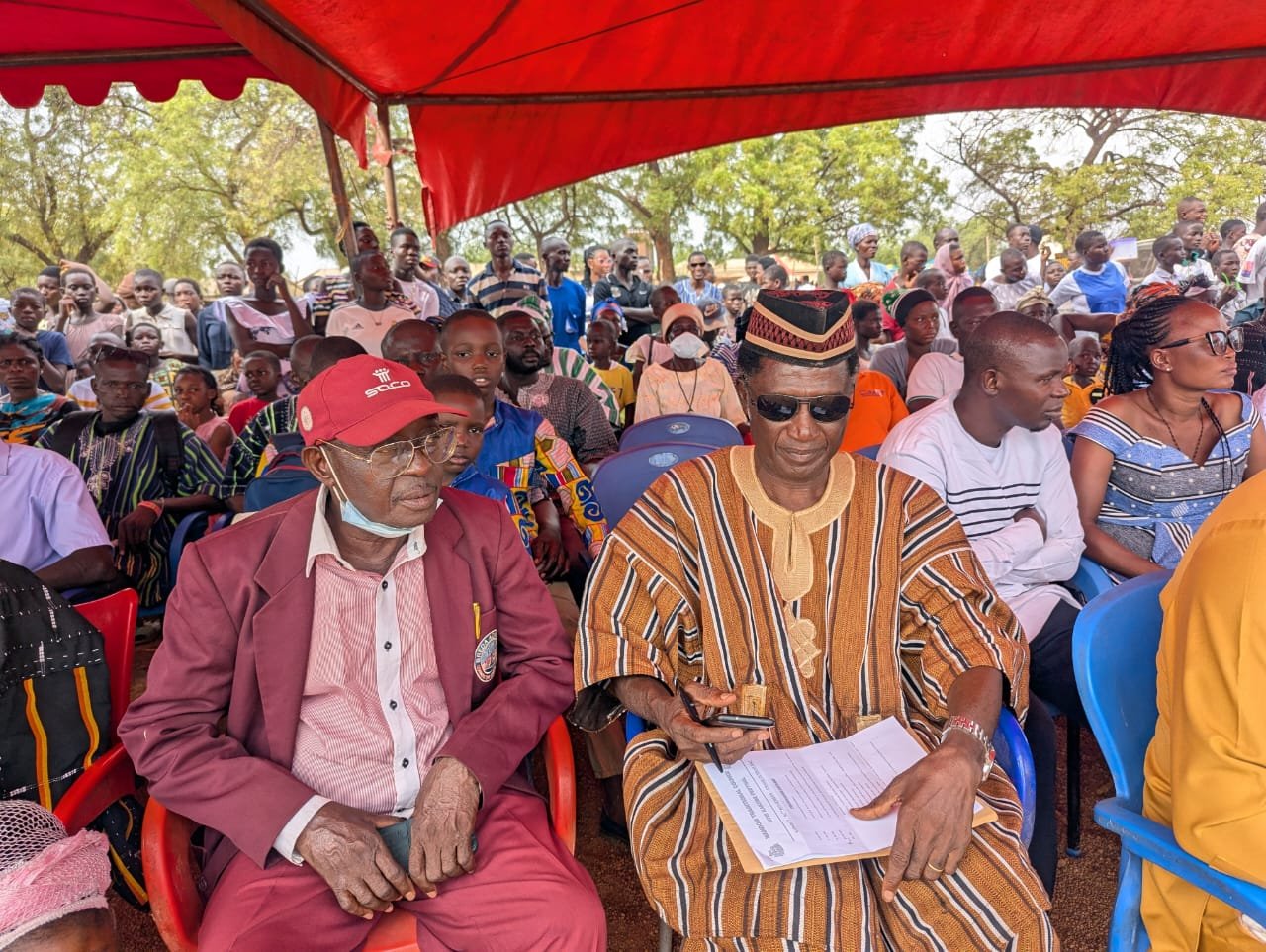Vice Chancellors Ghana (VCG) has initiated a call on the government for the extension of the retirement age of university lecturers from 60 to 70 years.
The VCG makes this call, citing the need to retain experienced faculty members to strengthen the country’s education system as justification.
While addressing a forum, the Executive Secretary of VCG, Dr. Sena Kpeglo Freiku, stated that this proposal for a review by the association, if embraced, would guarantee that universities benefit from a sustained capacity of academics to fulfill the demands of higher education.
“Now, universities form part of a global knowledge economy. A university professor is more like wine; the older, the better. So what VCG is proposing is that in order to ensure the long-term capacity of universities and also to promote institutional autonomy, if the committee could consider maybe extending the retirement age for the academics, not the professional staff, but for the academic staff, to 65 years, with a possibility of staying on until about 70. So, instead of 60, it becomes 75, and you can have maybe post-retirement right up to about 70.”
Meanwhile, the director general of the Ghana Tertiary Education Commission, Professor Ahmed Jinapor Abdulai, has responded to this appeal by VCG, saying that any consideration will be done in accordance with the laid-down procedure.
“Government has a policy, which was reiterated by the Honourable Minister of Education, that post-retirement contracts are awarded to faculty members who meet a certain minimum threshold of either being a senior lecturer or an associate professor above. And in fact, in the award of that post-retirement contract, you need to meet a certain benchmark, which is one, whether the institution is ready to use your services, whether you are physically fit, and whether you are needed by the university at the time. So this is a policy that exists.”
While lauding the call for its advantages, he also encouraged the association to also consider the drawbacks it may incur on the delivery of quality education.
“The call may be loud and bold. We need to interrogate it. But we also have to look at the reverse. There are some who do not even want to stay beyond 60. There are some people who want to retire at 60. In fact, there are some who would want to retire at 55. So we need to look at all that. But at the end of the day, what the government is interested in is the quality of delivery. So, if you are 70 and you can deliver, that is why you are given the opportunity to move and stay in office. In fact, there are people who are 70 who still want to stay in office. They want to stay beyond 70 and teach. There are some who are 55 who retire. But we cannot be in conflict with the constitution of the republic.”
Prof. Abdulai urged universities to explore other available avenues to retain experienced faculty members to facilitate the incorporation of other young, seasoned lecturers.
“In fact, lecturers are not allowed to go beyond the age of 60. There’s a reason why. And it doesn’t mean that you cannot teach. There’s another avenue. That avenue is you can teach as a part-time man, you can teach as a volunteer, or you can teach as a consultant. So it doesn’t mean that you necessarily have to be on a payroll for you to be able to teach. At the end of the day, one end is that, based on longevity in service, it brings about experience. However, there are other groups of people who are energetic, who are eager and ready to come into the lectureship profession, and who have the requisite qualification in terms of PhD, and the level of enthusiasm that they bring to the job is more than those who have stayed in office for 60 years and above. But at the end of the day, as I indicated, there’s that platform that gives experienced people the opportunity to stay on post-retirement contracts.”











